HELVOLIC ACID FROM CEPHALOSPORIUM*CAERULENS
- CAS NO.:29400-42-8
- Empirical Formula: C33H44O8
- Molecular Weight: 568.7
- MDL number: MFCD32689348
- SAFETY DATA SHEET (SDS)
- Update Date: 2025-10-28 16:00:23
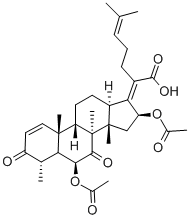
What is HELVOLIC ACID FROM CEPHALOSPORIUM*CAERULENS?
Description
Helvolic acid is a mycotoxin originally isolated from A. fumigatus that has broad-spectrum antibiotic activity against Gram-positive and Gram-negative bacteria. At 4-16 mg/L, it acted synergistically with erythromycin (500-2,000 mg/L) in vitro on five multi-drug resistant strains of S. aureus. At 10 mg/kg/d, it reduced tumor growth and prolonged survival synergistically with cyclophosphamide (20 mg/kg/d) in a mouse model of sarcoma but had no effect when administered alone.
The Uses of HELVOLIC ACID FROM CEPHALOSPORIUM*CAERULENS
Helvolic acid is a mycotoxin with antibacterial activity.
What are the applications of Application
Helvolic acid is a mycotoxin with antibacterial activity
Definition
ChEBI: A steroid C-21 acid having a 29-nordammarane skeleton substituted with an acetoxy group at C-16 and oxo groups at C-3 and -7, with double bonds at C-1, -17(20) and -24.
Properties of HELVOLIC ACID FROM CEPHALOSPORIUM*CAERULENS
| Melting point: | 215° |
| Boiling point: | 552.56°C (rough estimate) |
| alpha | D25 -121° (chloroform) |
| Density | 1.1062 (rough estimate) |
| refractive index | 1.4900 (estimate) |
| storage temp. | 2-8°C |
| solubility | DMF:30.0(Max Conc. mg/mL);52.75(Max Conc. mM) DMSO:20.0(Max Conc. mg/mL);35.17(Max Conc. mM) Ethanol:20.0(Max Conc. mg/mL);35.17(Max Conc. mM) |
| form | A crystalline solid |
| pka | 4.05±0.41(Predicted) |
| color | White to off-white |
Safety information for HELVOLIC ACID FROM CEPHALOSPORIUM*CAERULENS
Computed Descriptors for HELVOLIC ACID FROM CEPHALOSPORIUM*CAERULENS
New Products
Indole Methyl Resin tert-butyl 9-methoxy-3-azaspiro[5.5]undecane-3-carboxylate Boc-His(Boc)-OH 2-CTC Resin 4-Chloro-7-tosy1-7Hpyrrolo[2,3-d]pyrimidine 5,7-Dibromo-1H-indole 2,5-dichloro-N-hydroxy-4,6-dimethylpyridine-3-carboximidamide 2,2-Dimethoxy-7-azaspiro[3.5]nonane hydrochloride 4-chloromethyl-5-methyl-1,3-dioxol-2-one (DMDO-Cl) R-2-BENZYLOXY PROPIONIC ACID 1,1’-CARBONYLDIIMIDAZOLE 1,1’-CARBONYLDI (1,2-4 TRIAZOLE) N-METHYL INDAZOLE-3-CARBOXYLIC ACID 4-((2-hydroxyethyl)thio)benzoic acid 1-(TERT-BUTOXYCARBONYL)-2-PYRROLIDINONE Methyl 6-methylnicotinate 3-Pyridineacrylic acid tert-Butyl carbazate TETRAHYDRO-2H-PYRAN-3-OL 2-((4-morpholinophenylamino) (methylthio) methylene) malononitrile 3-(4-morpholinophenylamino)-5-amino-1H-pyrazole-4-carbonitrile 2,4-dihydroxybenzaldehyde 1,3-Diethyl-1,3-Diphenylurea Methyl 2-methylquinoline-6-carboxylateRelated products of tetrahydrofuran
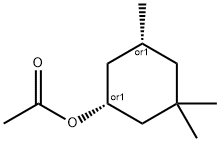


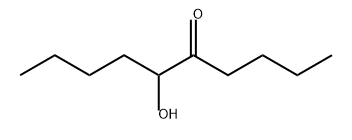
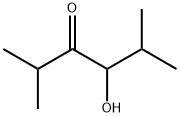
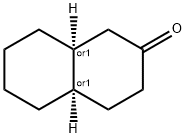


You may like
-
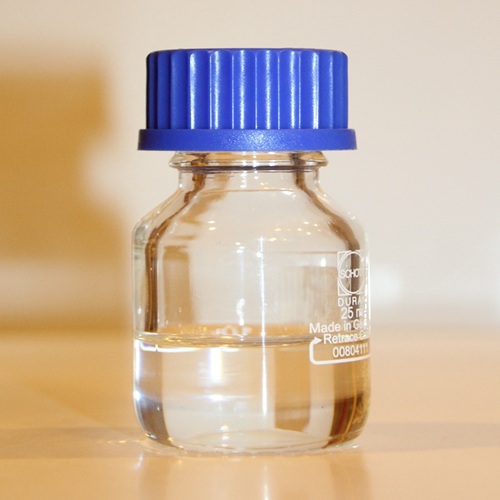 Pyridine 99.5% HPLC /UV SpectroscopyView Details
Pyridine 99.5% HPLC /UV SpectroscopyView Details
110-86-1 -
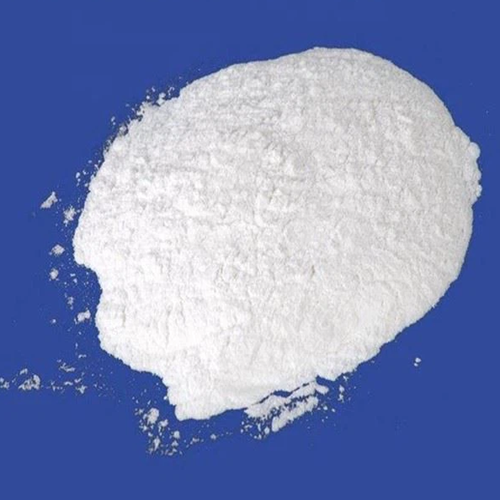 Guanine , 99%View Details
Guanine , 99%View Details
73-40-5 -
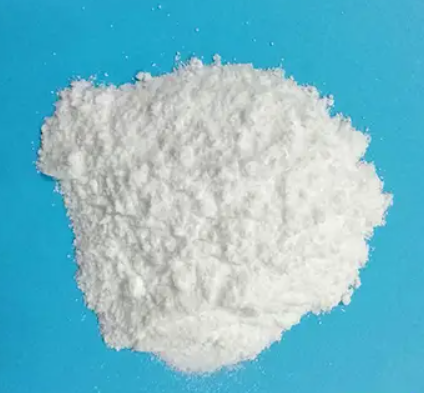 Piperazine Spot supply, best priceView Details
Piperazine Spot supply, best priceView Details
110-85-0 -
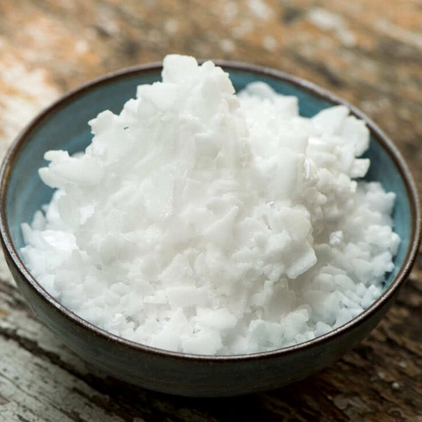 Potassium Hydroxide 90%View Details
Potassium Hydroxide 90%View Details
1310-58-3 -
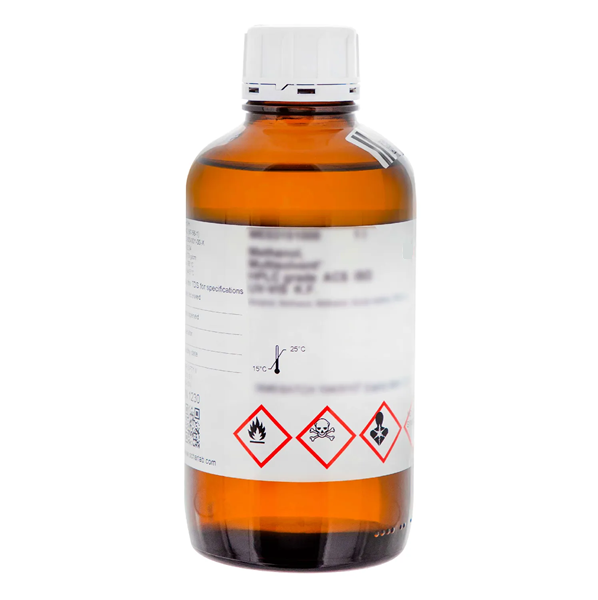 Dibutyl PhthalateView Details
Dibutyl PhthalateView Details
84-74-2 -
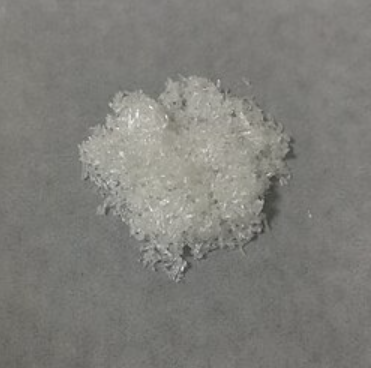 Imidazole Spot supply, competitive priceView Details
Imidazole Spot supply, competitive priceView Details
288-32-4 -
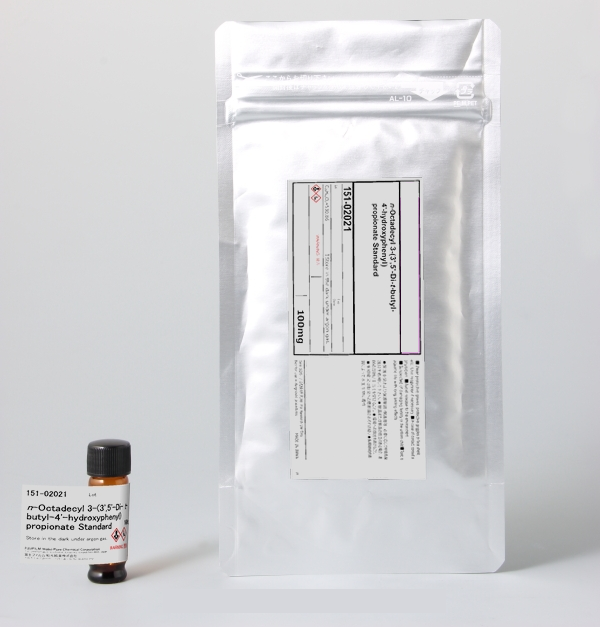 Octadecyl 3-(3,5-di-tert-butyl-4-hydroxyphenyl)propionate 98% (GC)View Details
Octadecyl 3-(3,5-di-tert-butyl-4-hydroxyphenyl)propionate 98% (GC)View Details
2082-79-3 -
 Thiourea 99% ARView Details
Thiourea 99% ARView Details
62-56-6
